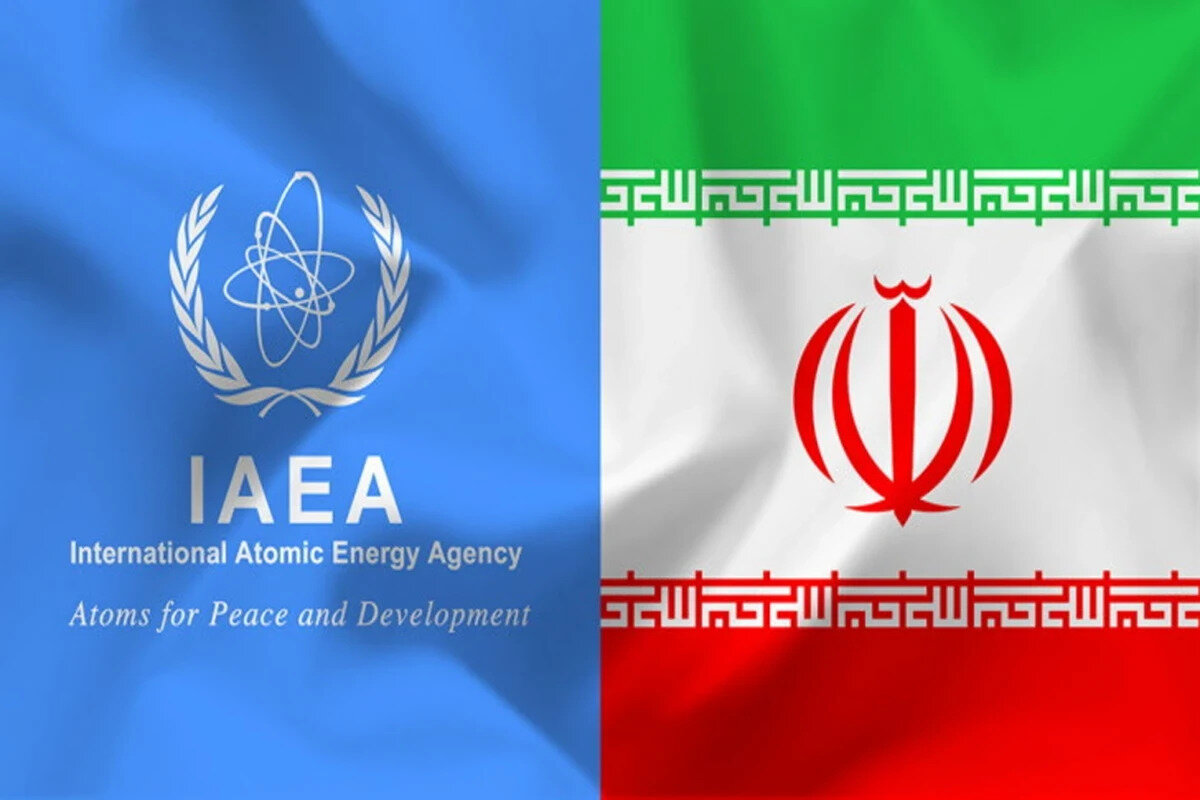IAEA delegation to visit Iran without inspectors, Al Mayadeen reports

TEHRAN – An International Atomic Energy Agency (IAEA) delegation will arrive in Tehran next week to discuss implementing Iran’s binding parliamentary law suspending formal cooperation with the UN nuclear watchdog, Al Mayadeen reported Sunday, citing anonymous sources.
In a pivotal shift, the talks will focus solely on "the political aspect" of the relationship, with inspectors explicitly excluded from the delegation—a condition mandated by Iran’s post-attack legislative framework.
The visit follows Iran’s suspension of official IAEA cooperation in late June, ratified by the Guardian Council after U.S. and Israeli airstrikes hit civilian nuclear facilities at Natanz, Isfahan, and Fordow.
Parliamentary Speaker Mohammad-Baqer Qalibaf declared cooperation impossible until the agency provides "concrete security guarantees" for nuclear sites and condemns the attacks—a step the IAEA has yet to take. Al Mayadeen’s sources emphasized that this marks "a new chapter in relations," defined entirely by Tehran’s terms.
Foreign Ministry Spokesman Esmaeil Baqaei has clarified Iran remains committed to its safeguards agreements but is redesigning engagement rules under the new law.
"A new manual is expected to be defined with the UN nuclear watchdog," he stated, demanding the IAEA first rectify its "political and technical oversteps"—particularly its refusal to denounce the June strikes that destroyed critical infrastructure, including Natanz’s above-ground enrichment plant and Isfahan’s uranium conversion facilities.
The latest campaign of U.S.-Israeli aggression has hardened Tehran’s stance. President Masoud Pezeshkian warned that the IAEA must abandon "double standards" before technical cooperation resumes, accusing the agency of enabling military aggression by politicizing safeguards.
Russia has also condemned the attacks, with Foreign Ministry spokeswoman Maria Zakharova warning that "bombing nuclear facilities should not become commonplace," and that "the catastrophic risks cannot be ignored."
She characterized the attacks as a "blatant breach of international law" and a cynical attempt to justify aggression under the guise of non-proliferation concerns.
Also on Saturday, Mikhail Ulyanov, Russia’s representative to the International Organizations in Vienna, questioned the timing of events preceding the U.S.-Israeli attacks.
He said he does not believe the anti-Iranian resolutions passed by the IAEA Board of Governors in June and the subsequent military strikes were coincidental.
Ulyanov, in a warning about the consequences of these policies, emphasized, "This process has led to an escalation of tensions in the region and undermines multilateral frameworks such as the Nuclear Non-Proliferation Treaty (NPT) and the JCPOA."
Leave a Comment